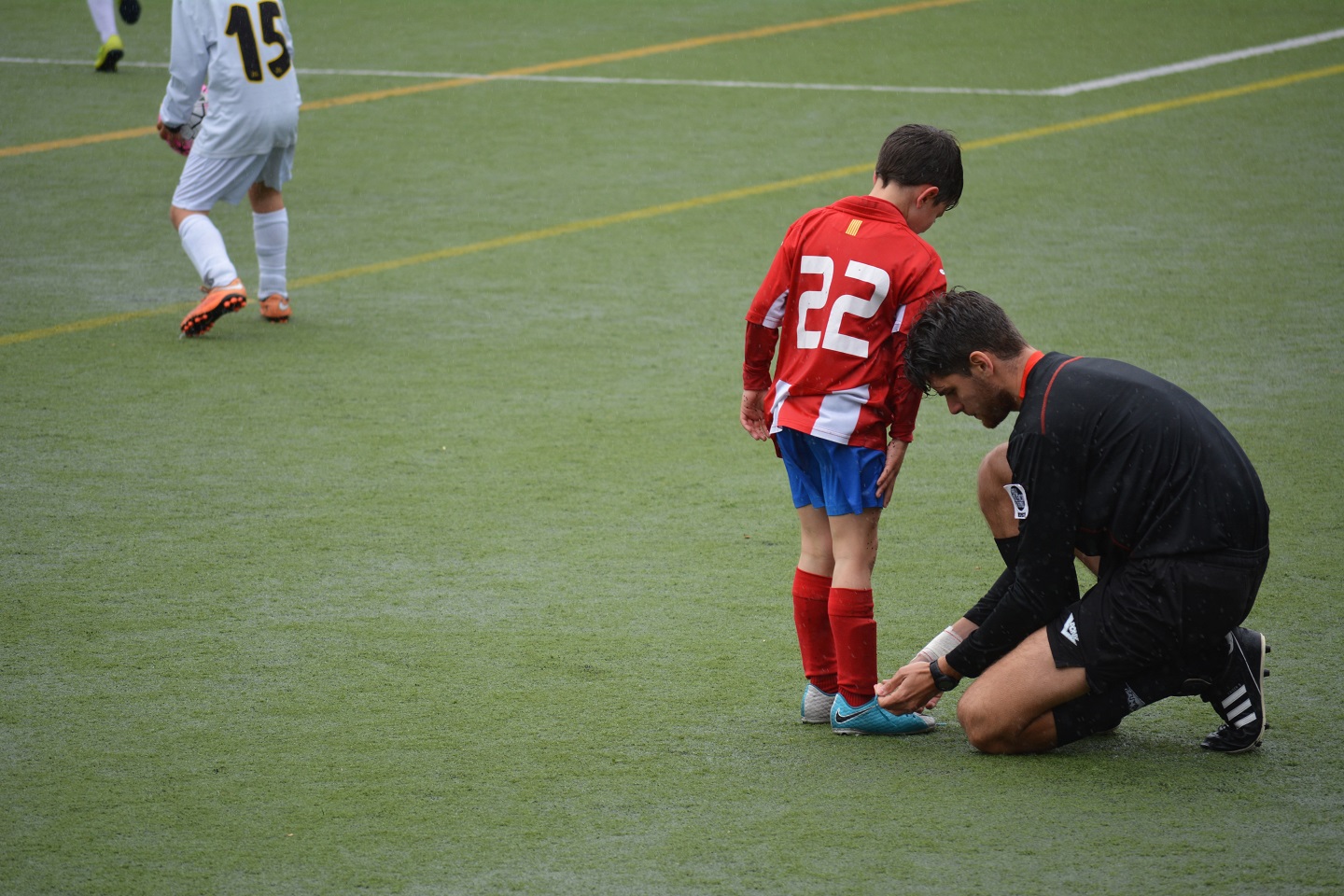Parents need to ensure their kids aren’t overburdened with extracurricular activities.


If there is one positive to emerge from the COVID-19 pandemic, it is that many parents have rediscovered the joys of spending quality time at home with their children.
In fact, parents’ increased engagement with their children has led many to question whether, before the pandemic, the lives of their offspring had become too hectic, and COVID-19 ought to trigger a reset of sorts.
Demands on children’s schedules have soared over the past 20 years, with the overbooked child a common feature in many households.
From football training to ballet classes, part-time jobs to band practice, and scouts evenings to drama lesson, many children’s day-to-day schedules are packed with an exhausting list of back-to-back commitments.
Yet we forget that school is already a 35-hour working week for students. And the reward for progressing year-on-year at school is an ever-increasing volume of homework.
Although there is a dearth of data on children’s busyness, most of us seem to be aware that some teenagers are out the door at the crack of dawn only to return home beyond 7pm, after clearing any number of commitments.
It is an issue that has principals, teachers, counsellors and child psychologists deeply worried.
When it comes to planning our children’s schedules, anxieties can run deep. Good parenting is often seen as synonymous with filling children’s out-of-school time with resume-boosting activities.
For some parents, encouraging children to take on all manner of activities is done to provide opportunities that perhaps they themselves never had.
For others, it has become somewhat of a competition to try to outdo other parents with their child’s impressive array of accomplishments and achievements.
Regardless of the motivation for cramming our children’s every waking moment, the question remains: how much is too much?
Those who believe we are overscheduling our children’s lives are quick to point out that so-called enrichment activities gobble up hours that belong to families, and hours that children need to play, explore, and rest to stay healthy.
They argue children should be given a generous amount of unstructured free time and that learning how to occupy this time is an important life skill.
It is important, they say, for children to experience a little boredom and for parents to observe the creativity that comes out of that boredom.
On the other hand, those who maintain we should pack as much as possible into a child’s or teenager’s day argue an overbooked child is a better outcome than a lethargic kid lounging in front of video games, devoid of fresh air, physical activity or real in-time human contact.
They also point to the concern that, in a modern world, downtime seems to equate to an unhealthy obsession with screen time.
The real risk, they suggest, is not of children being overscheduled, but having too little to do in their downtime.
The truth lies somewhere in the middle.
Most educators agree that each child has their own individual tipping point, where too many activities will prompt a slide towards a detrimental impact.
While one child will cope with multiple activities across weekdays and the weekend, another will experience anxiety from even the smallest number of commitments.
Experts agree that knowing the signs your child is overstretched is important.
If your child looks and acts tired, complains of headaches or other pains, sleeps poorly or regularly feels off colour, it might be a sign of overcommitment.
And if you are spending more time in the car than your home – as you transport your child from activity to activity – your child might well be overbooked.
If your child falls behind at school or fails to complete homework, this too may be a sign of struggle caused by too many commitments.
And if you cannot remember the last time you saw your child sitting back and relaxing with siblings and friends, or you yourself are tired, those can also be signs of too many enrichment activities.
Concerns about overscheduling our children’s lives while they are at school remain very real, particularly because cramming too many extra-curricular activities into their lives is considered by many as a sign of good parenting.
Without more thought and consideration on the school-life balance, we run the risk of creating a generation of junior workaholics who, upon joining the workforce, will contribute to already soaring burnout rates.
• Professor Gary Martin is chief executive officer of the Australian Institute of Management WA






